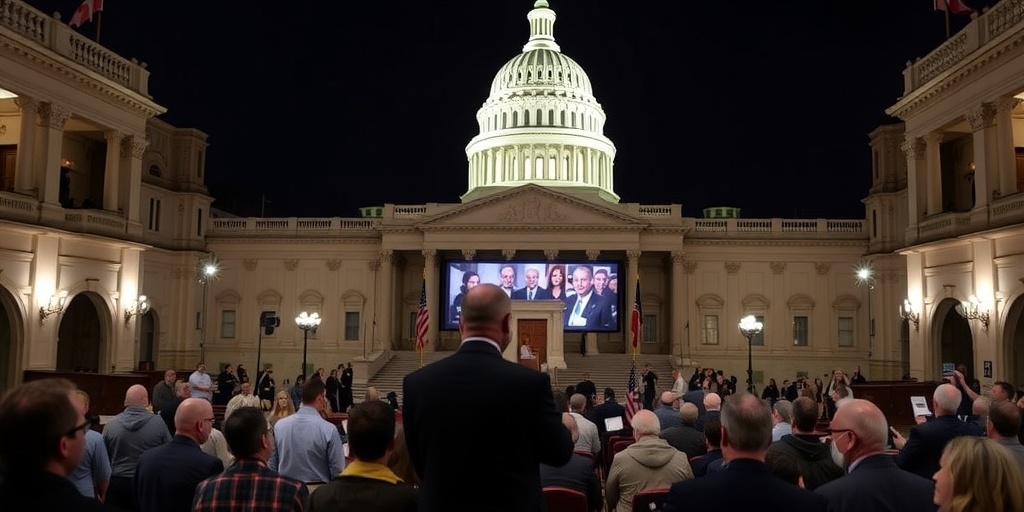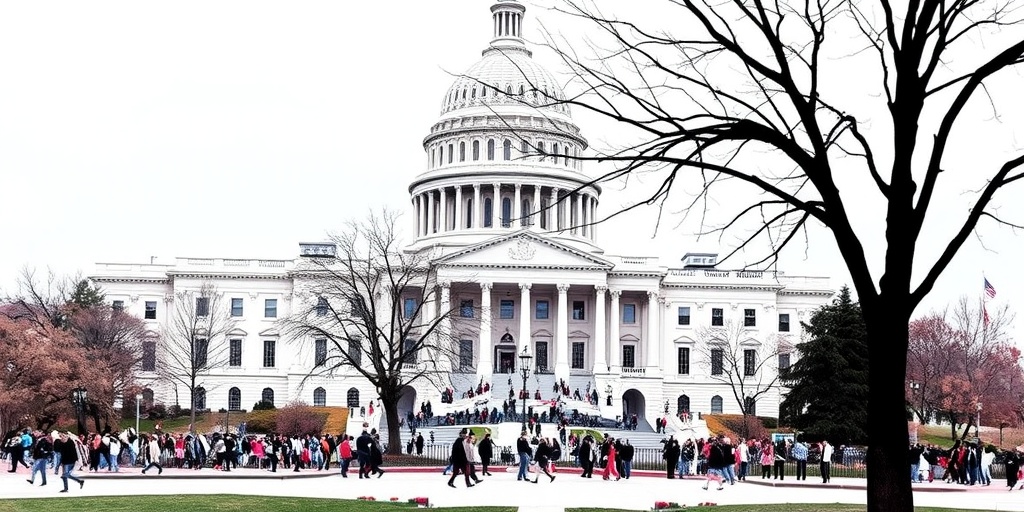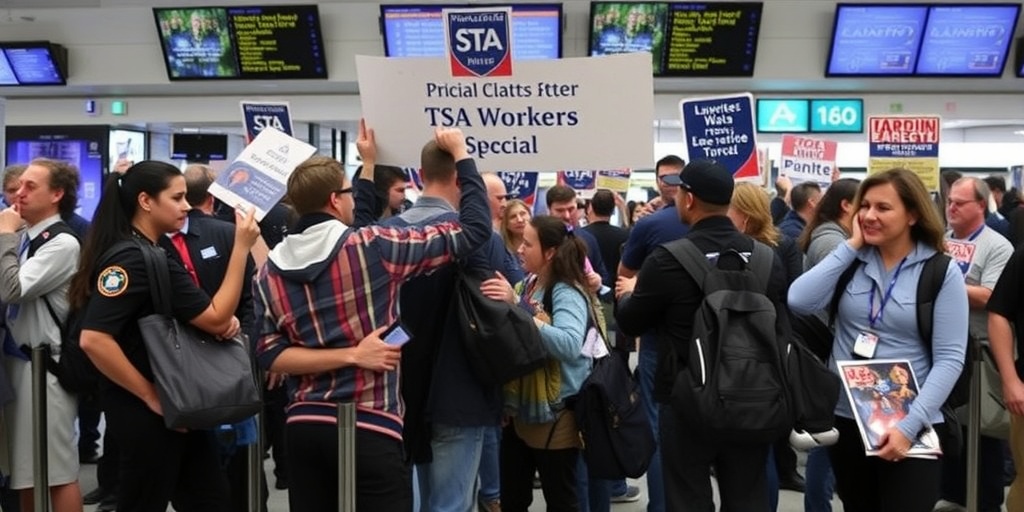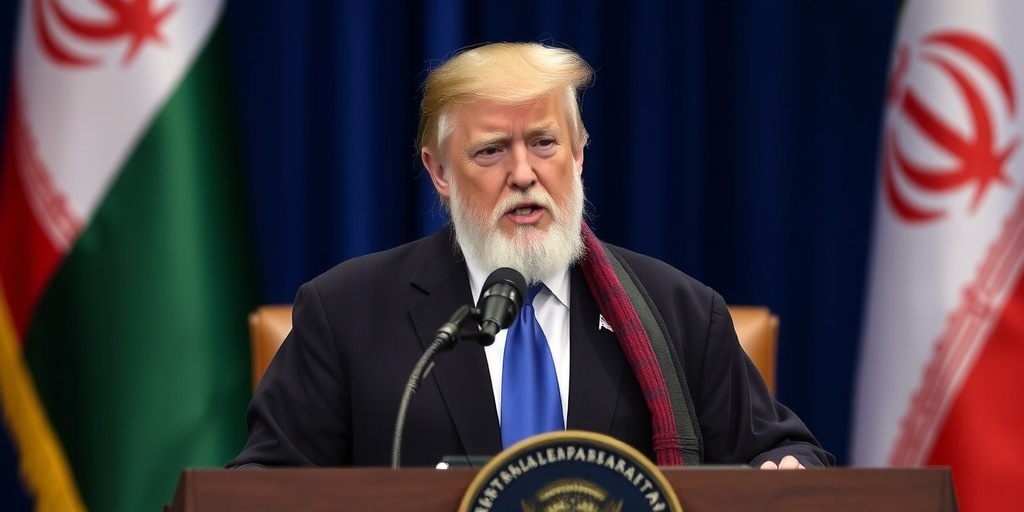Now Reading: CDC to Investigate Discredited Vaccines-Autism Link
-
01
CDC to Investigate Discredited Vaccines-Autism Link
CDC to Investigate Discredited Vaccines-Autism Link
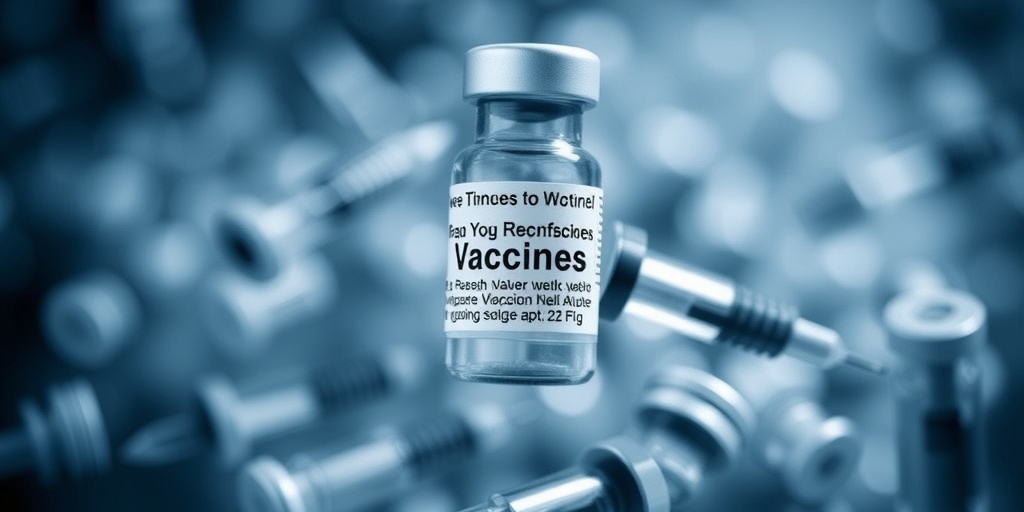
CDC to Reassess Vaccines and Autism Link Amid Measles Outbreak
The Centers for Disease Control and Prevention (CDC) has announced plans to undertake a significant study aimed at re-examining the potential connection between vaccines and autism, as confirmed by federal officials on Friday. This decision comes in light of ongoing debates surrounding vaccine safety and public health concerns, particularly with a measles outbreak currently sweeping through West Texas.
Despite numerous scientific studies conducted over the years that have consistently found no evidence linking vaccines to autism, the CDC’s renewed scrutiny can be traced back to the influence of Robert F. Kennedy Jr., the recently appointed Health and Human Services Secretary. Kennedy has historically expressed skepticism regarding vaccine safety and has committed to revisiting past data. “As President Trump stated in his Joint Address to Congress, the rate of autism in American children has skyrocketed,” explained Andrew Nixon, a spokesperson for the Department of Health and Human Services. “The CDC will leave no stone unturned in its mission to determine what is truly happening regarding this issue.” However, specifics on the study’s methodology or scope have not been provided.
This announcement coincides with a rapidly escalating measles outbreak in the state, which has already seen nearly 200 infections and two fatalities, largely attributed to low vaccination rates. Currently, about 82 percent of the kindergarten population in the most affected county has received the measles vaccine, significantly below the 95 percent threshold necessary to prevent outbreaks. Health officials in Texas reported that 80 of those affected were unvaccinated, while 113 had an unknown vaccination status.
In response to inquiries regarding the CDC’s potential re-evaluation of the vaccine-autism connection, Xavier Becerra, the health secretary under President Biden, remarked, “While the CDC has the capacity to address multiple health inquiries, I sincerely hope that their efforts will focus on controlling the measles outbreak and preventing further loss of life.” His comments reflect a growing concern among health officials regarding the implications of the CDC diverting resources toward investigating a debunked theory.
Incidences of autism diagnoses in the United States have undeniably risen in recent years. Recent CDC data indicates that approximately 1 in 36 children are diagnosed with autism, compared to 1 in 150 in the year 2000. Experts largely attribute this upward trend to better awareness of autism and evolving diagnostic criteria among healthcare professionals. However, they also acknowledge that other factors—both genetic and environmental—could be influencing these rates.
Dr. Paul Offit, a pediatrician with a focus on infectious diseases at the Children’s Hospital of Philadelphia, expressed concern over the CDC’s decision to review the vaccine-autism debate amidst pressing public health challenges. “There are numerous promising leads regarding the causes of autism, but vaccines are not one of them. Given the limited resources available to the CDC, this is a disappointing development for children living with autism,” Dr. Offit stated in an email on Friday.
Former President Trump has consistently supported Kennedy’s initiative to re-evaluate any links between vaccines and autism and emphasized the need for more investigation during his recent congressional address. “We’re going to find out what it is, and there’s nobody better than Bobby and those working alongside him,” Trump remarked, adding, “Bobby, good luck on this important task.”
Kennedy’s confirmation as health secretary was achieved by a narrow margin, largely influenced by the support of Senator Bill Cassidy, a physician and staunch proponent of vaccination. During the confirmation hearings, Senator Cassidy voiced concerns regarding Kennedy’s previous vaccine skepticism, citing a comprehensive study involving 1.2 million children that found no correlation between vaccinations and autism. In response, Kennedy claimed that newer research presented contrary findings. A New York Times review of this study indicated that its funding, authorship, and publication were linked to a network of vaccine skeptics associated with Kennedy. This controversial study was ultimately published in a journal well-known for its critical stance on vaccines.
Shortly after his confirmation, Kennedy’s inaugural address to his staff included a commitment to investigating the rise of chronic diseases in the U.S., which he intends to approach by reviewing the existing vaccine schedule provided to young children. The dual focus on autism and the measles outbreak has generated a complex and contentious dialogue among health officials, researchers, and the public.
As public health continues to be a contentious issue, the CDC’s upcoming study may not only influence policy but could also reignite the long-standing debate about vaccine safety in the context of autism, amidst a backdrop of current health crises such as the measles outbreak.
Stay Informed With the Latest & Most Important News
Previous Post
Next Post
-
 01New technology breakthrough has everyone talking right now
01New technology breakthrough has everyone talking right now -
 02Unbelievable life hack everyone needs to try today
02Unbelievable life hack everyone needs to try today -
 03Fascinating discovery found buried deep beneath the ocean
03Fascinating discovery found buried deep beneath the ocean -
 04Man invents genius device that solves everyday problems
04Man invents genius device that solves everyday problems -
 05Shocking discovery that changes what we know forever
05Shocking discovery that changes what we know forever -
 06Internet goes wild over celebrity’s unexpected fashion choice
06Internet goes wild over celebrity’s unexpected fashion choice -
 07Rare animal sighting stuns scientists and wildlife lovers
07Rare animal sighting stuns scientists and wildlife lovers













